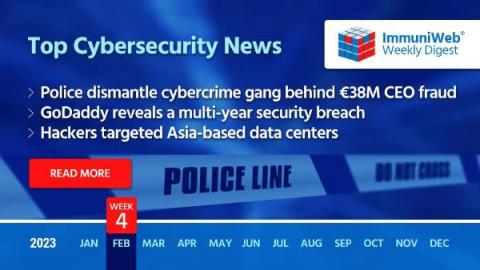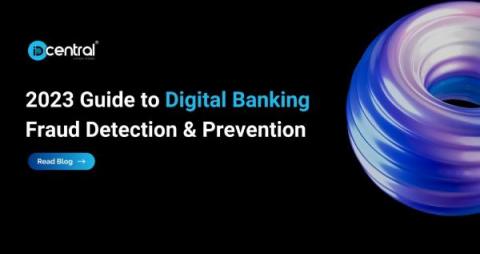Deepfakes: What they are and tips to spot them
Deepfakes are forged images, audio, and videos that are created using Artificial Intelligence (AI), and Machine Learning technologies. According to the World Economic Forum (WEF), deepfake videos are increasing at an annual rate of 900%, and recent technological advances have made it easier to produce them. VMware states that two out of three defenders report that deepfakes were used as a part of an attack to influence operations, or to launch disinformation campaigns.











